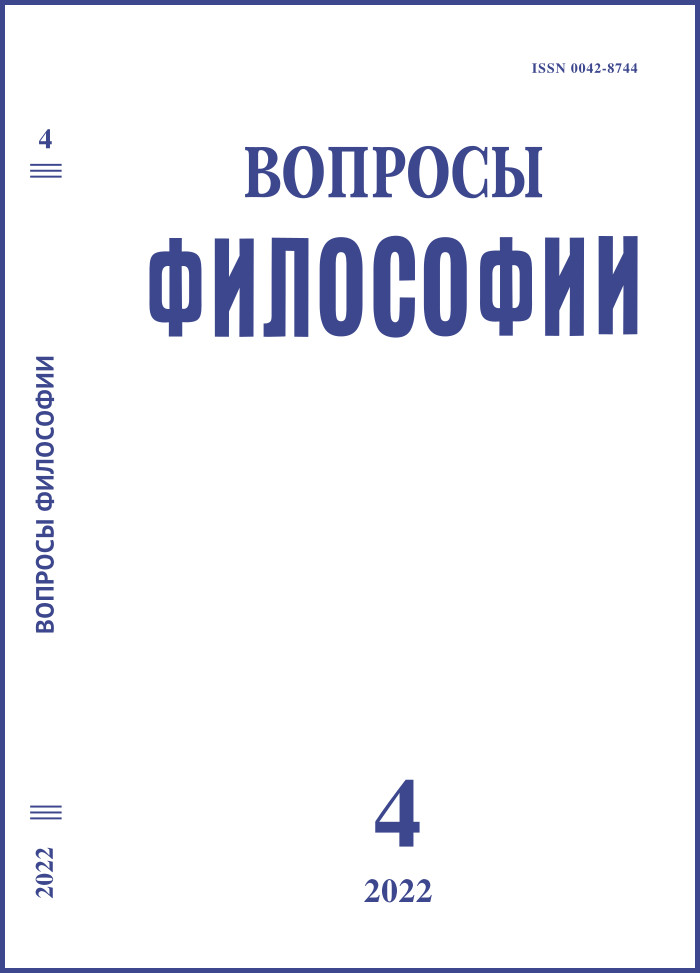Понимание конституционности в философско-правовом дискурсе: мнимые и подлинные альтернативы
DOI:
https://doi.org/10.21146/0042-8744-2022-4-25-36Ключевые слова:
философия права, действительность права, конституция, конституционность, конституционный контроль, конституционный суд, Г. Кельзен, М. Тропер, К. ШмиттАннотация
Конституционность нормативных правовых актов является проблемой не только юридической догматики и юридической практики, но и философии права. В последней эти вопросы неразрывно связаны с более общей философской проблематикой действительности и оснований действительности нормативных порядков, в том числе и правопорядка. В позитивистской философии права два альтернативных подхода к их пониманию представлены аналитической юриспруденцией и правовым реализмом. Первое направление описывает правопорядок как систему норм, где действительность нижестоящей нормы определяется ее соответствием норме более высокого уровня. Однако абстрактность и неопределенность текста конституции приводят к тому, что на вопрос о соответствии закона конституции часто нельзя дать однозначный ответ. И на деле его решение едва ли не всецело зависит от усмотрения органа конституционного контроля. Данные выводы аналитической философии права оказываются практически тождественными установкам сторонников правового реализма, отрицающих наличие у нормативного текста какого-либо смысла и значения до его истолкования уполномоченным органом, который и определяет его подлинное (реально действующее) содержание. В рамках каждого из данных направлений правовой мысли идея контроля конституционности утрачивает смысл, а вместе с этим ставится под вопрос не только верховенство, но и действенность конституции. Подлинной альтернативой такому пониманию конституционности является непозитивистский подход. Его сторонники усматривают назначение конституции в ограничении публичной власти и обеспечении прав человека. Конституция в формально-юридическом смысле как нормативный акт выступает лишь способом позитивации принципов, гарантирующих надлежащую организацию публичной власти. Именно эти принципы, а не те или иные текстуальные формулировки выражают суть конституции и служат эталоном оценки конституционности. Такое содержательное понимание конституционности и оправдывает разнообразие возможных интерпретаций текста конституции, и одновременно ставит ему пределы в виде согласованного понимания лежащих в ее основе принципов.
Загрузки
Опубликован
Версии
- 2025-02-06 (2)
- 2022-04-30 (1)

